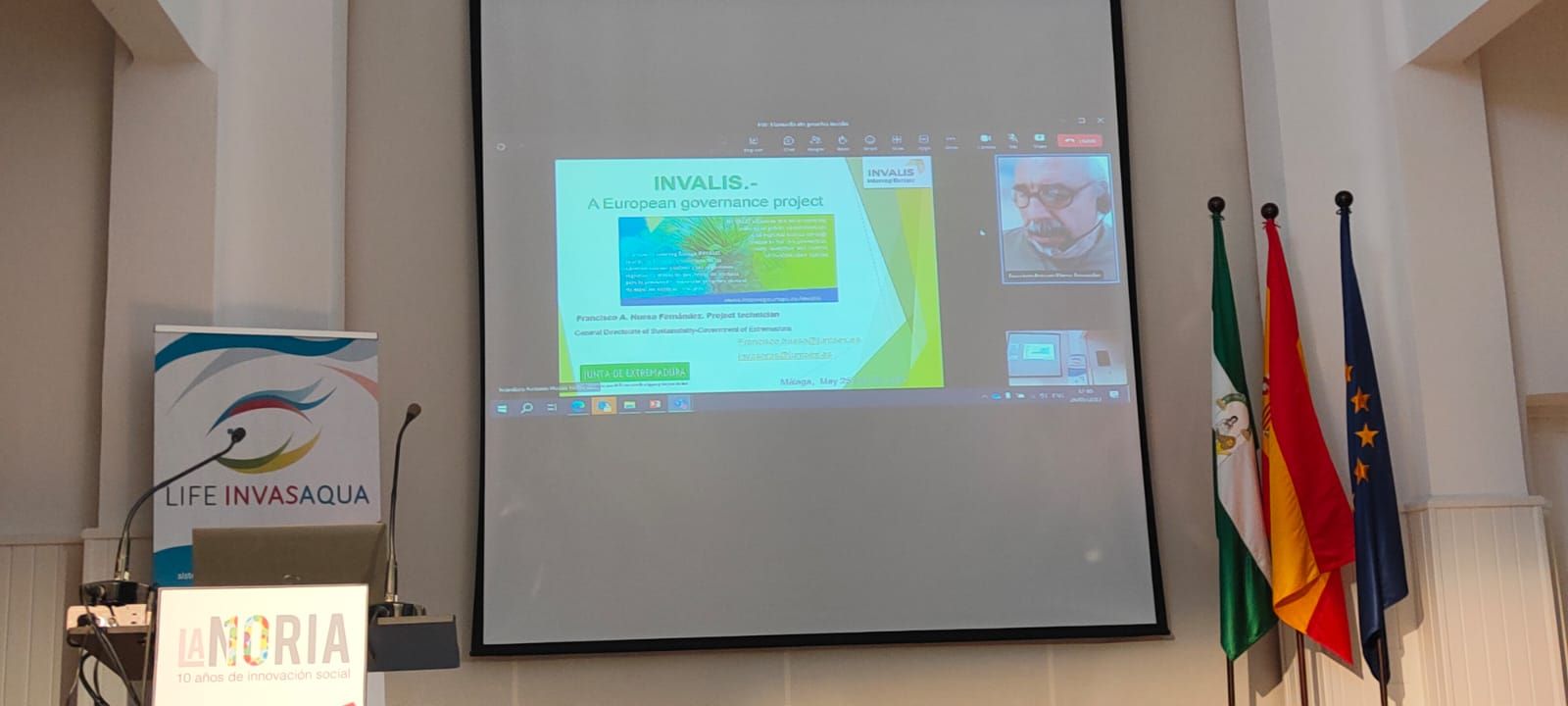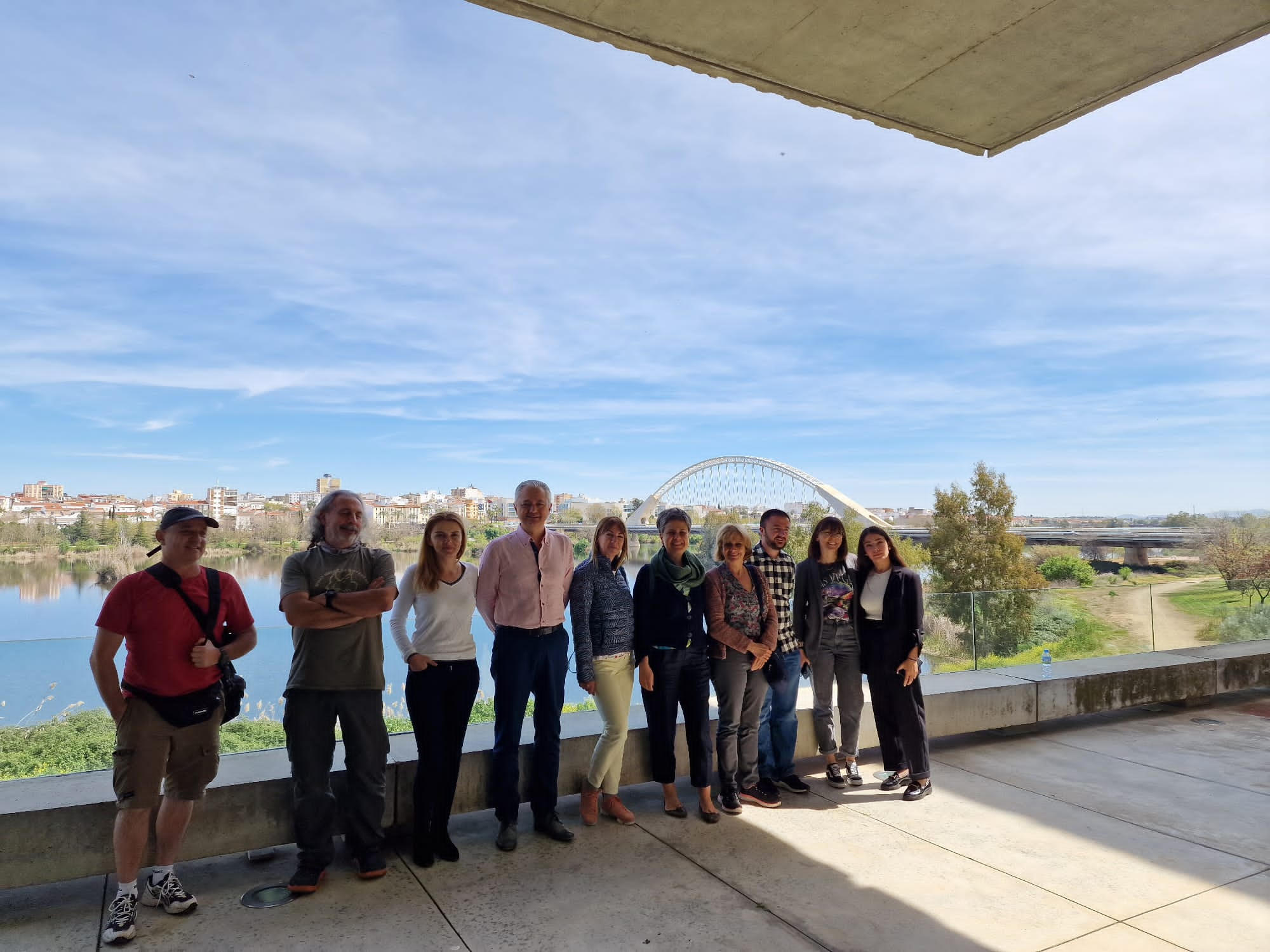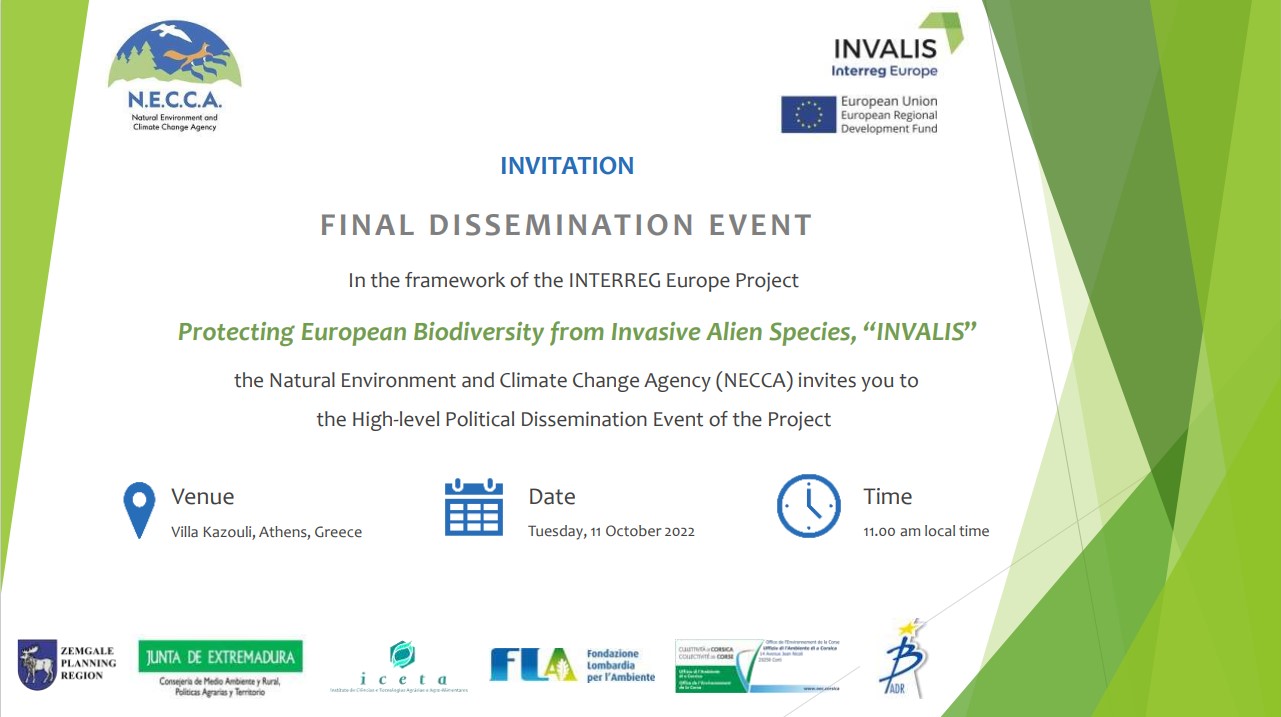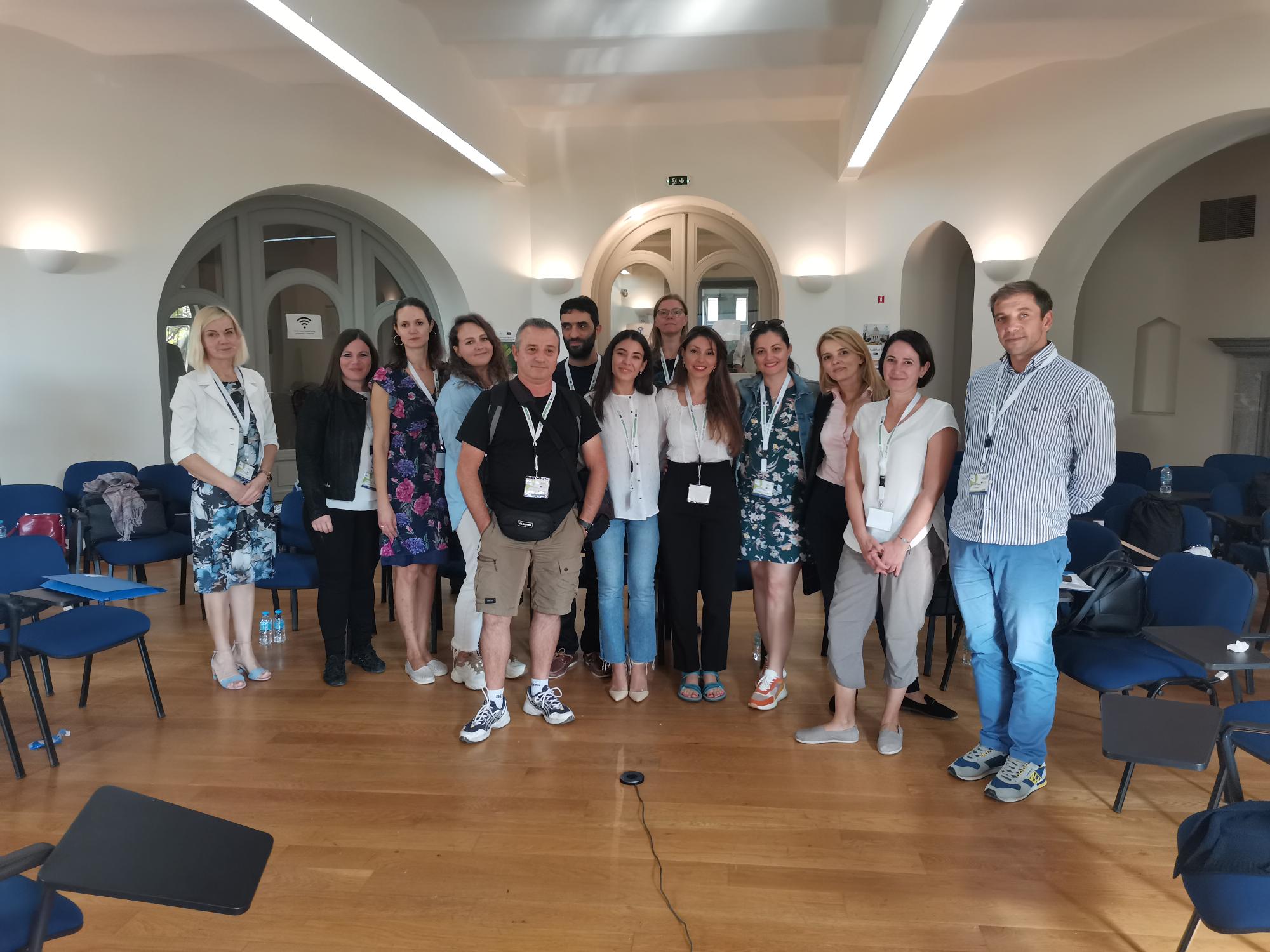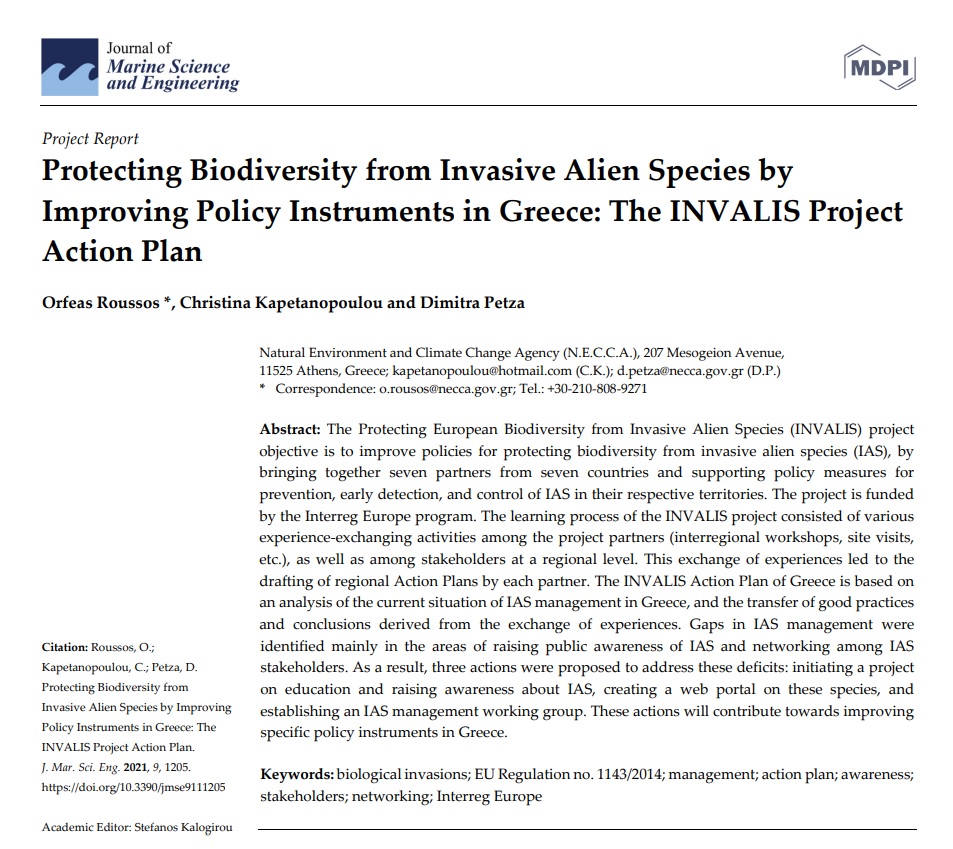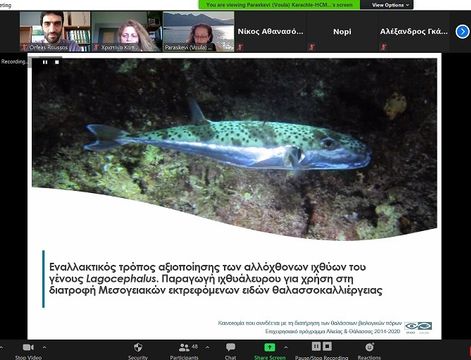On October 2, Ilze Lujāne, INVALIS project assistant of Zemgale Planning Region, participated in the seminar about slug restriction organized by the Latvian Rural Advisory and Training Centre to tell about the INVALIS project, its significance and planned results.
As the event focused on slugs, especially the Spanish slug, the presentation about the INVALIS project fit perfectly into the theme of the event, emphasizing the importance of including invasive species in official, nationally approved lists to create a legal framework to determine how to deal with these species.
The event’s lecturer, horticulture expert Māris Narvils, also noted that biodiversity is essential because it creates a much more stable environment. He emphasized that the Spanish slug has not been officially recognized as an invasive species, but that should be done in order to establish a legislative framework, binding rules and actions to be taken at national level to restrict it. He also pointed out that, given the rate at which the snail is spreading, it would never be possible to destroy it entirely, but with the help of the legal framework we would be able to restrict the species in a way that facilitates the work of farmers, gardeners and others. The lecturer pointed out that education should be carried out at all levels - national, municipal and educational establishments. Afterwards, workshops and joint works can be organized, as extensive public assistance will be needed.
Although parts of the country have not yet been affected by this aggressive species, it should be noted that the rapid reproduction and the spread of the Spanish slug can have a significant impact, not only on the economy and local ecology, but also on the value of the land and number of visitors at tourism sites. More importantly, Spanish slug presumably has been in Latvia since 2009 and especially Zemgale region is the most affected by it.
The lecturer invited the visitors to explain their concerns to the municipalities, inviting them to turn to the Nature Conservation Agency, which in turn may address the views expressed by citizens and local governments to the Ministry of Agriculture. “This is a joint fight, and if we do not work on a united front, we will not succeed,” concludes the lecturer.


